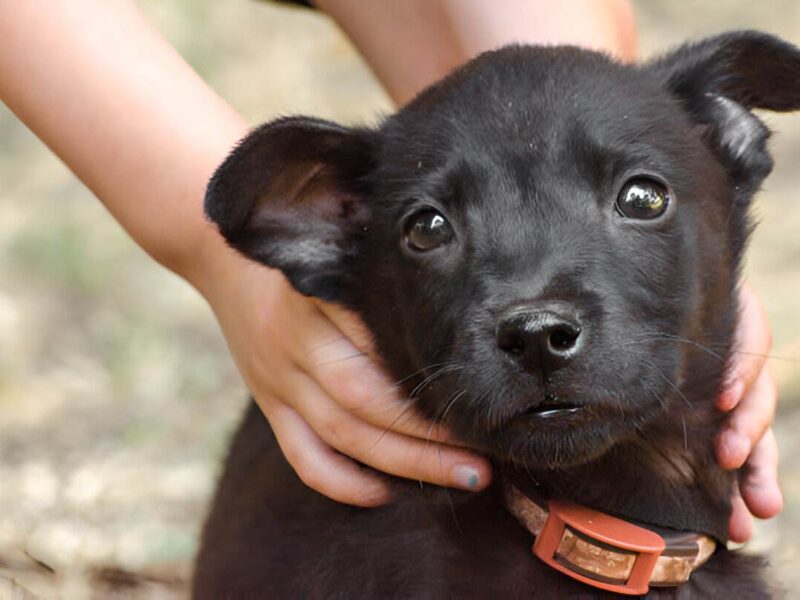If you’re in the market for dog boarding services, you might be wondering what to expect from your chosen provider. Thankfully, there are a few things you’ll want to keep in mind, such as a good relationship with your pet, rules and regulations, vaccinations, and diet while he’s away.
Fostering a Positive Connection With a Boarding Kennel
Doing your homework when setting up a new dog boarding kennel would be best. Check the local laws and ordinances to determine what your obligations are. You may also want to form a relationship with your local veterinarian. This way, you’ll have someone to call when you need emergency medical care.
For example, you’ll want to provide pet owners with information about the pet boarding kennel they are looking for. If your kennel offers a splash pool, it’s the hottest new fad in the kennel business.
Another must-have is an excellent website or social media page. Some kennels even offer washing services. A luxury boarding experience is much more extensive and centered on your pet’s happiness and comfort. Dogs are social animals, so it’s not in their best interests to leave them alone for most of the day. This is something that a luxury dog hotel jacksonville fl is aware of and takes very seriously when providing for your furry family member.
Rules and Regulations
Whether you are a dog owner or interested in setting up a dog boarding facility, you need to know several rules and regulations. These guidelines are designed to ensure your pets’ health, safety and well-being.
Dog boarding facilities should have adequate facilities for a range of activities. They should also have a backup alarm system and an effective ventilation system. Also, they should have suitable facilities for bathing and cleaning.
The first rule to remember is that your kennel must meet all veterinary requirements. This includes a vaccination schedule. For instance, dogs 16 weeks or older must receive Rabies, Canine Influenza and Leukemia vaccines.
Pet Insurance
Dog boarding pet insurance is a crucial aspect of the pet boarding industry. It can shield your company from mishaps, theft, and legal action. Additionally, it can lessen the impact of a high vet bill.
There are a few different types of insurance you should consider. One type, general liability, is designed to cover accidents that cause injury to a person or property. You can purchase this coverage separately or as a bundle with your property insurance.
Another type is public liability, which covers damage to other people’s property. You may also need to purchase workers’ compensation to cover injuries to your employees.
Diet While Boarding
There are many things to consider when it comes to feeding your pet while boarding. You must ensure that you have a sufficient supply of food and water and the security of your dog.
Feeding your dog a balanced meal is the most crucial action to take if it has an upset stomach. The right type of food will help it recover quickly from its stay.
If your dog has a problem with diarrhea, the boarding kennel may try to treat it with medication. Your vet might suggest symptomatic treatment. In some cases, it’s a good idea to provide your own food.
Behaviors When They First Come Home
When dogs first come home from boarding, they may act out. The changes are meant to help them get adjusted to the new environment. A lot of them are short-lived, however.
For instance, your dog may be hungry. By giving your dog food or reviewing the boarding facility’s menu, you can ensure it has enough to eat.
Your dog may also be more clingy than usual. It might also have more accidents than average. However, this is not a sign of poor health. Instead, it is just a sign that your pet is excited to be back at home.
Vaccinations
Obtaining your pet’s vaccinations before dog boarding is one of the best things you can do for them. Not only will it keep your pet healthy, but it will also give you peace of mind.
There are a variety of diseases that are deadly to dogs. For instance, Canine Parvovirus is a highly contagious disease affecting many of your dog’s body systems. The virus spreads through contact with an infected dog’s feces. It is also common for parvovirus to be followed by kennel cough.
Many kennels require that your pet be fully vaccinated before dog boarding. This includes annual booster shots for several illnesses.


